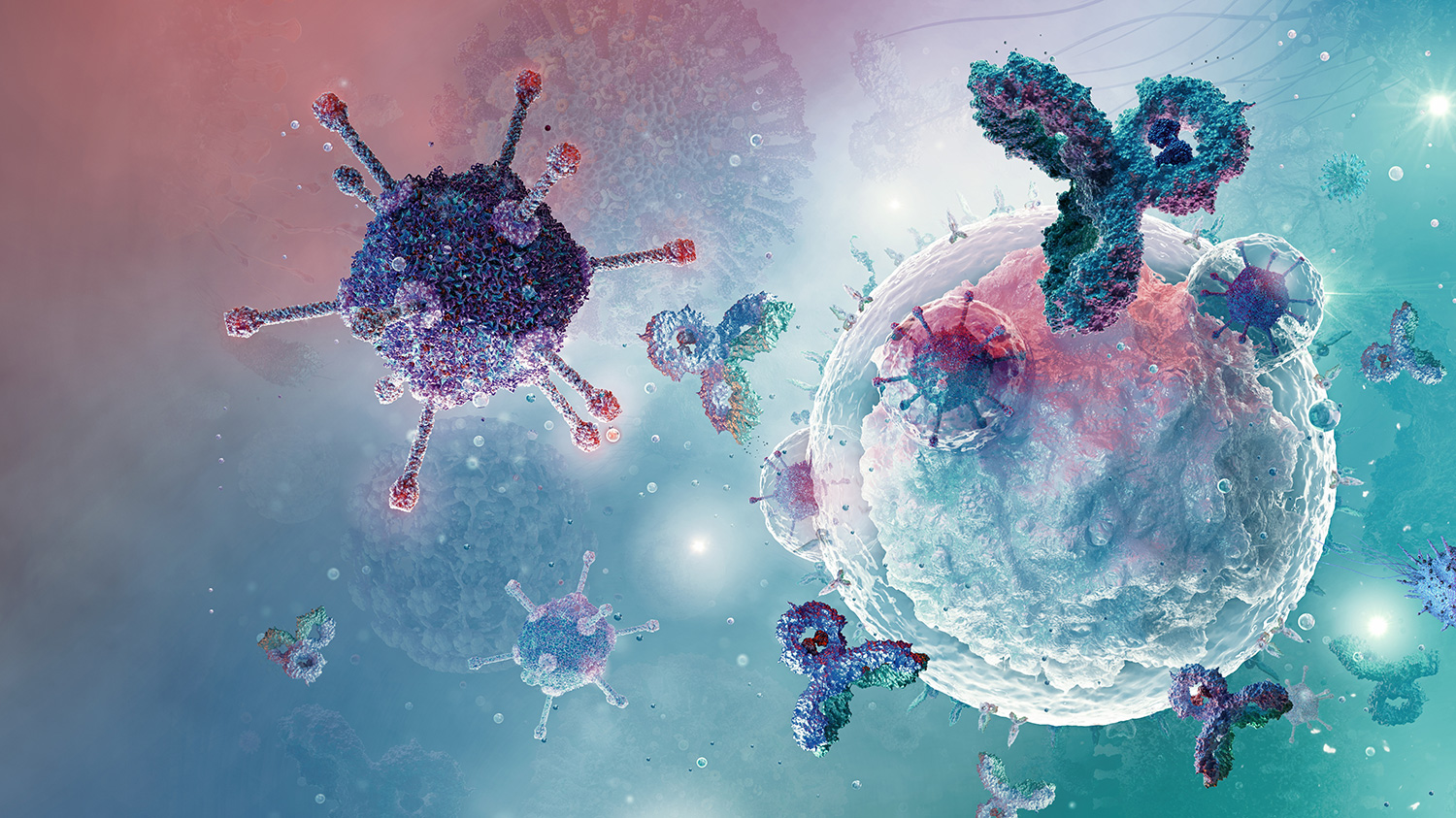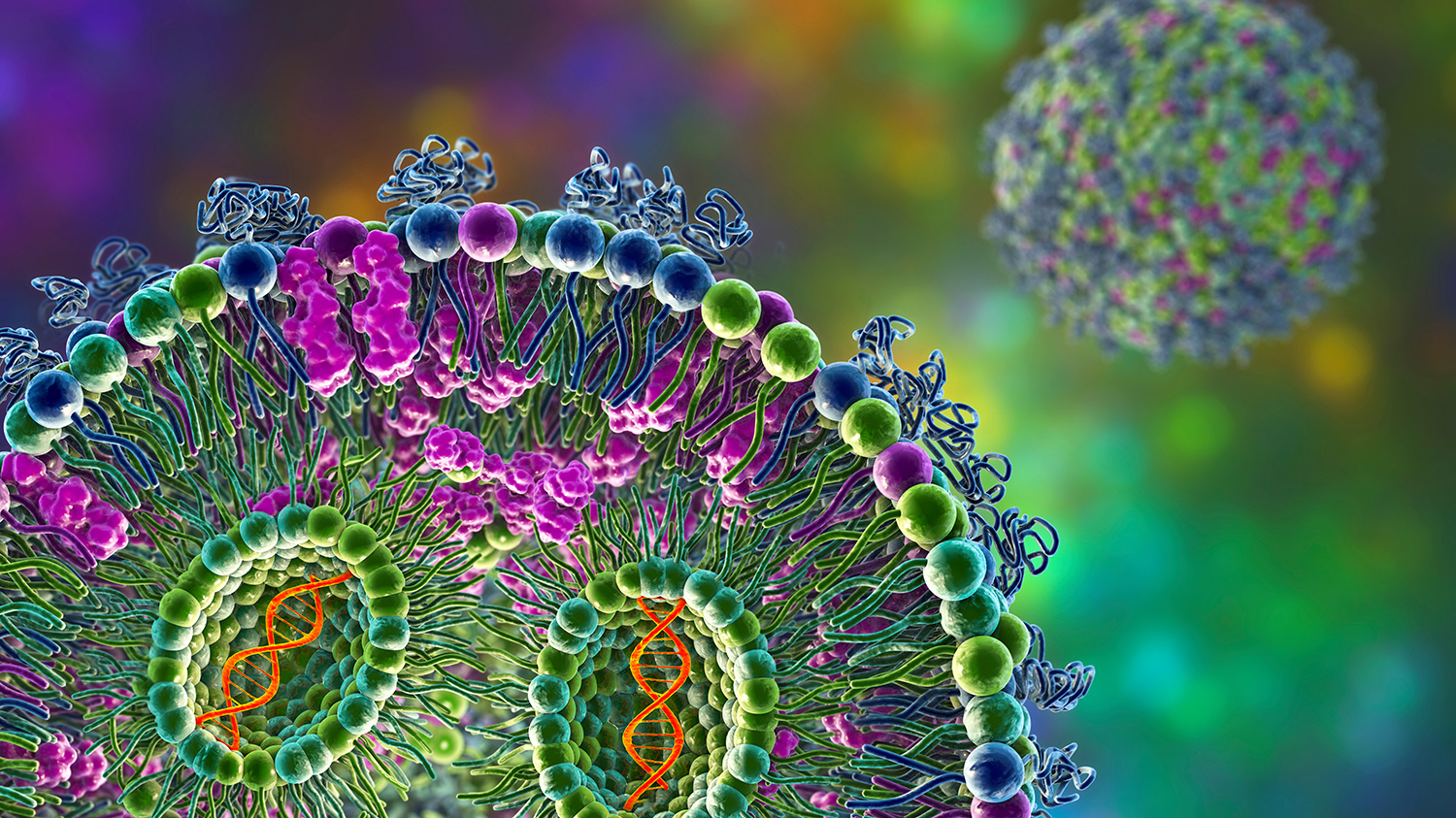Upcoming Live Webinars
Quality Control of Purified Proteins to Improve Research Data Reproducibility: Improving the Time-Efficiency and Quality of your Results.
Join us for a webinar on Thursday, April 18 at 7:00 AM PDT | 10:00 AM EDT | 15:00 CET
The scientific community aims to enhance transparency and reliability in published research, with a specific focus on the quality of biological reagents, notably recombinant proteins. Concerns have been raised regarding irreproducible results, prompting discussions on common quality issues associated with recombinant proteins and their impact on downstream applications. In response, professionals in protein purification and characterization have collaboratively developed guidelines for improved quality control.
These guidelines include minimal information requirements for protein identity, production parameters, and long-term stability, as well as a minimal set of quality tests for purity, homogeneity, and identity. Additional recommendations cover DNA contamination, “spectral and thermal denaturation signatures”, homogeneity, “competent fraction”, storage conditions, batch-to-batch reproducibility, and other factors based on intended applications. Evaluation of these guidelines over a one-year period suggests that their implementation can enhance experimental reliability and optimize protein quality. Investing in protein QC benefits all stakeholders in life sciences, including researchers, editors, and funding agencies, by improving data veracity and minimizing resource wastage.

Light scattering solutions for multi-attribute quantification of mRNA-lipid nanoparticle therapeutics
Join us for a webinar on Tuesday, May 7th at 8:00 AM PDT | 11:00 AM EDT | 17:00 CET
Light scattering techniques deliver multi-attribute quantification (MAQ) of mRNA and lipid nanoparticle-formulated mRNA, and can play a key role in product and process development as well as quality control of mRNA-LNP therapeutics. Specifically, multi-angle light scattering (MALS) coupled to separation by field-flow fractionation (FFF) or size-exclusion chromatography (SEC) provides high-resolution quantification of several mRNA and LNP attributes including size distribution, physical stability, LNP number concentration, morphology, and mRNA and lipid concentration. The method can also be applied to evaluate how these attributes are affected by preparation, formulation, and storage conditions. In addition to high-resolution MAQ by SEC/FFF-MALS, dynamic light scattering (DLS) and electrophoretic light scattering (ELS) can be used for rapid, automatable batch measurements of particle size and concentration, polydispersity, and zeta potential, enabling rapid screening of the impact of different ions, ionic strength, pH, temperature and other parameters on the biophysical properties and stability of mRNA and LNP-mRNA.

Recent Webinars
Previous webinars may be viewed in our Webinar Library. The following recent webinars are now available:
Request: Real-Time Monitoring of AAV CQAs in a Chromatographic Polishing Step
F. Michael Haller, Ph.D., Lonza Biologics and Dan Some, Ph.D., Waters | Wyatt Technology
April 9, 2024Request: Exploring Enhanced Macromolecular and Nanoparticle Analysis through the Integration of DLS/ELS/SLS with the ZetaStar Instrument
Sophia Kenrick, Ph.D., Waters | Wyatt Technology, and Richard Chung, Waters | Wyatt Technology
March 15, 2024Request: Leveraging Advanced Analytical Technologies to Expedite the Development of Antibody Drug Conjugates
Eric Miller, Ph.D., Abzena, and Colette Quinn, Ph.D., Waters | Wyatt Technology
February 28, 2024Request: Supporting Sustainability: A Comprehensive Case Study on PLGA and PLA Polymer Characterization and Optimization Using Light Scattering with Triple Detection
Stepan Podzimek, Ph.D., Waters | Wyatt Technology
February 13, 2024Request: Smaller Particle and Low Adsorption Columns for Fast and Efficient Characterization of AAV through SEC-MALS
Bala Addepalli, Ph.D., Waters
January 31, 2024Request: Towards Well-Characterized Proteins and Protein Conjugates Using SEC-MALS
Michelle Chen, Ph.D., Waters | Wyatt Technology
January 17, 2024Request: In-Line and On-Line Monitoring of CQAs for Biologics, Vaccines and Gene Vectors
Daniel Some, Ph.D., Waters | Wyatt Technology
December 5, 2023Request: Successful SEC-MALS analysis of proteins and AAVS
Leo Liu, Ph.D., Waters | Wyatt Technology
July 11, 2023 & November 22, 2023Request: Determination Critical Product Parameters for Proteins from Research to Production
David Golonka, Ph.D., Waters | Wyatt Technology, and Felix Deluweit, Ph.D., Waters | Wyatt Technology
November 8, 2023Request: Multi-Attribute Quantification of Viral Vectors Using Light Scattering
Martin Kurnik, Ph.D., Waters | Wyatt Technology
November 1, 2023Request: Optimizing Development and Release Efficiency of Protein, AAV and LNP Therapies Using Multi-Attribute Quantification (MAQ) Light Scattering
Michelle Chen, Ph.D., Waters | Wyatt Technology
November 1, 2023Request: Shining Light on AAVs: Using Light Scattering Technologies to Solve Challenges in Characterization
Steven Milian, M.S., Thermo Fisher Scientific, Gennarino Del Bagno, Thermo Fisher Scientific, and Sophia Kenrick, Ph.D., Waters | Wyatt Technology
October 18, 2023Request: Advances in Automated Dynamic Light Scattering Characterization and Zeta Potential of Macromolecules and Nanoparticles
Sophia Kenrick, Ph.D., Waters | Wyatt Technology and Richard Chung, Waters | Wyatt Technology
October 10, 2023
Follow us on  or join one of our groups Social@Wyatt
or join one of our groups Social@Wyatt











